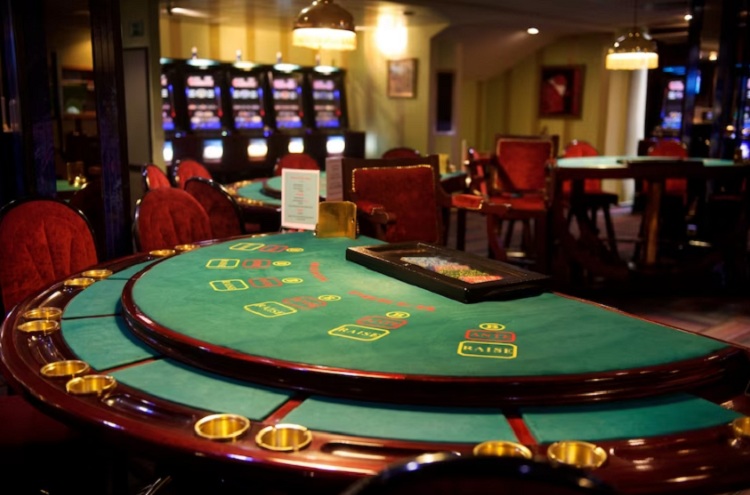 In 2018, a law was passed in Brazil allowing sports betting sites, which have become sponsors of almost all major men's and women's football teams. However, market regulation has not yet been implemented, which means that companies operating in these locations do not pay local taxes and operate outside of Brazil.
In 2018, a law was passed in Brazil allowing sports betting sites, which have become sponsors of almost all major men's and women's football teams. However, market regulation has not yet been implemented, which means that companies operating in these locations do not pay local taxes and operate outside of Brazil.Although gambling, such as bingo and casinos, remains prohibited in Brazil, the Lula government's decision to regulate the taxation of sports betting has reignited the debate about the legality and regulation of this type of gambling. Businesspeople argue that these activities are still spread throughout the country, albeit illegally, but without generating revenue for the public treasury.
The president of the Federal Senate, Rodrigo Pacheco, recently mentioned in an interview with the BBC that legalizing gaming is an alternative to raising funds for Brazil. A bill that would legalize gambling was approved by the Chamber of Deputies in 2022 and awaits a vote in the Senate. The president of the Chamber, Arthur Lira, is a strong supporter of legalization.
“Gaming, an extraordinary source of employment, an extraordinary source of income. It exists throughout the country, in all cities in Brazil and we do not regulate it”, said Pacheco, who highlighted the urgency of the problem. I want to speed up the vote on all the projects that generate revenue and one of them is the one that legalizes gambling, which has already passed in the Chamber.
Pacheco said that the bill that legalizes gambling will be put on the voting agenda in the next two months. However, legalization faces strong opposition in congressional circles, especially from evangelical groups who want to maintain the ban.
According to the brasilcasinos.com.br lawyer, although many people have their religious beliefs, Brazil is a secular state, where the only rule that guides the most diverse topics, including gambling, must be the public interest.
Games of chance were banned in 1946, during the government of Yuriko Gaspar Dutra, on the grounds that they were harmful to morals and good customs. Until then, casinos operated in Brazil and were popular entertainment venues, offering shows and restaurants.
However, this argument for banning casinos has already been made through religious means, due to the influence of the First Lady, Carmella Telles Lette Dutra, due to her strong devotion to the Catholic Church.
There are currently casino bans in many Islamic countries, including Indonesia and Saudi Arabia. However, Brazil is one of the few non-Islamic countries, along with Cuba and Iceland, that also prohibits the operation of casinos in its territory.
Given this scenario, the delay in regulating the sector is due to the opposition of conservative groups, especially the evangelical class, which was widely heard by former president Jair Bolsonaro. However, the new government is desperate for a source of revenue to finance the increase in spending and social services promised by President Luiz Inácio Lula da Silva.
